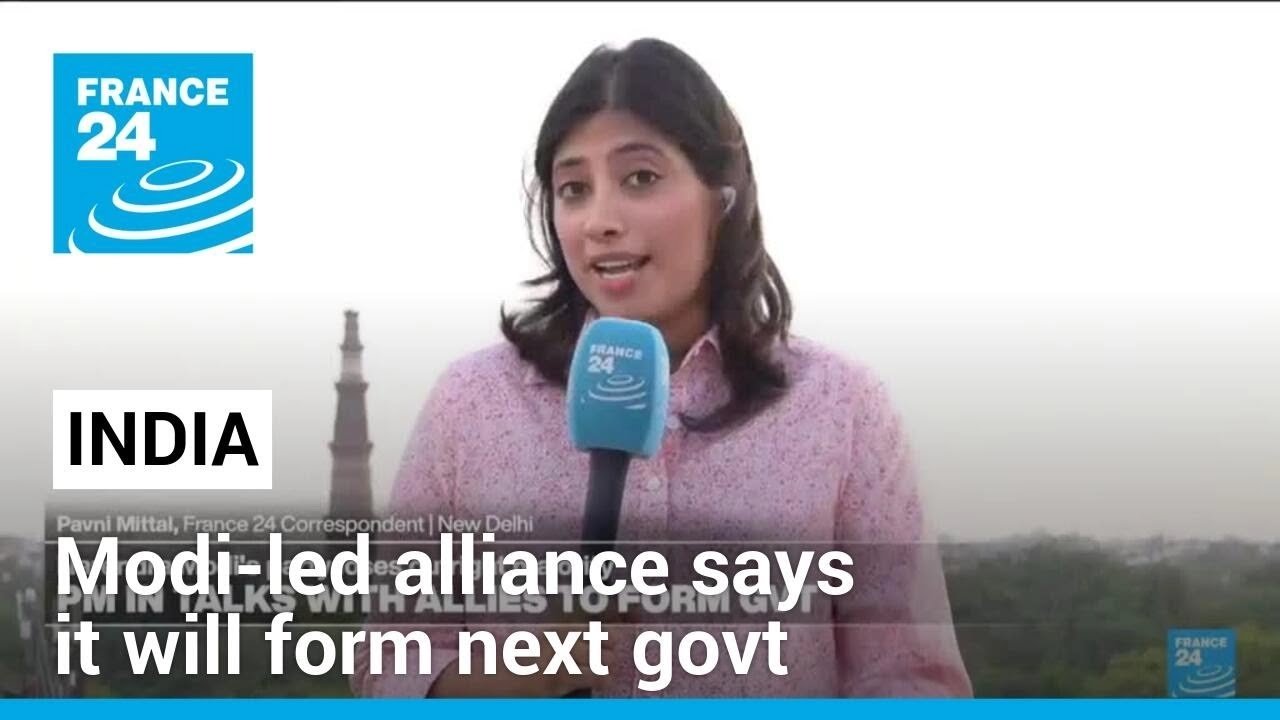In a significant development in Indian politics, Narendra Modi is set to return as Prime Minister for a record third term, despite his BJP party not securing an outright majority. Modi, who resigned earlier today, is expected to form a new government with the support of allies, though negotiations for key positions remain contentious. While Modi’s return was unexpected by pollsters, it marks a pivotal moment for Indian politics, with the opposition consolidating and civil society expressing hope for greater democratic freedoms.
- Narendra Modi is expected to return as Prime Minister of India for a third term.
- The BJP party, led by Modi, lacks an outright majority and will need the support of allies to form the government.
- Modi resigned from his position earlier today and is now in the process of claiming the mandate to form a new government.
- There is ongoing negotiation with allies over the allocation of key governmental positions.
- Despite the challenges, Modi is expected to take oath as early as Saturday.
- This election did not align with pollster predictions, leading to mixed reactions from the stock market and society at large.
- The stock market experienced significant volatility throughout the week, reflecting the political uncertainty.
- For the first time in a decade, Indian Parliament will have an official leader of the opposition, marking a significant shift in the political landscape.
- There are concerns and hopes among civil society regarding the potential for greater democratic freedoms and the expression of diverse opinions under the new government.
France 24 is an international television network and news website owned by the French state.
Official website: https://www.france24.com/en/
Original video here.
This summary has been generated by AI.

Leave a Reply